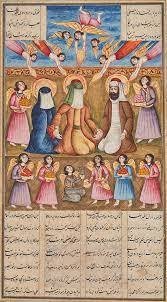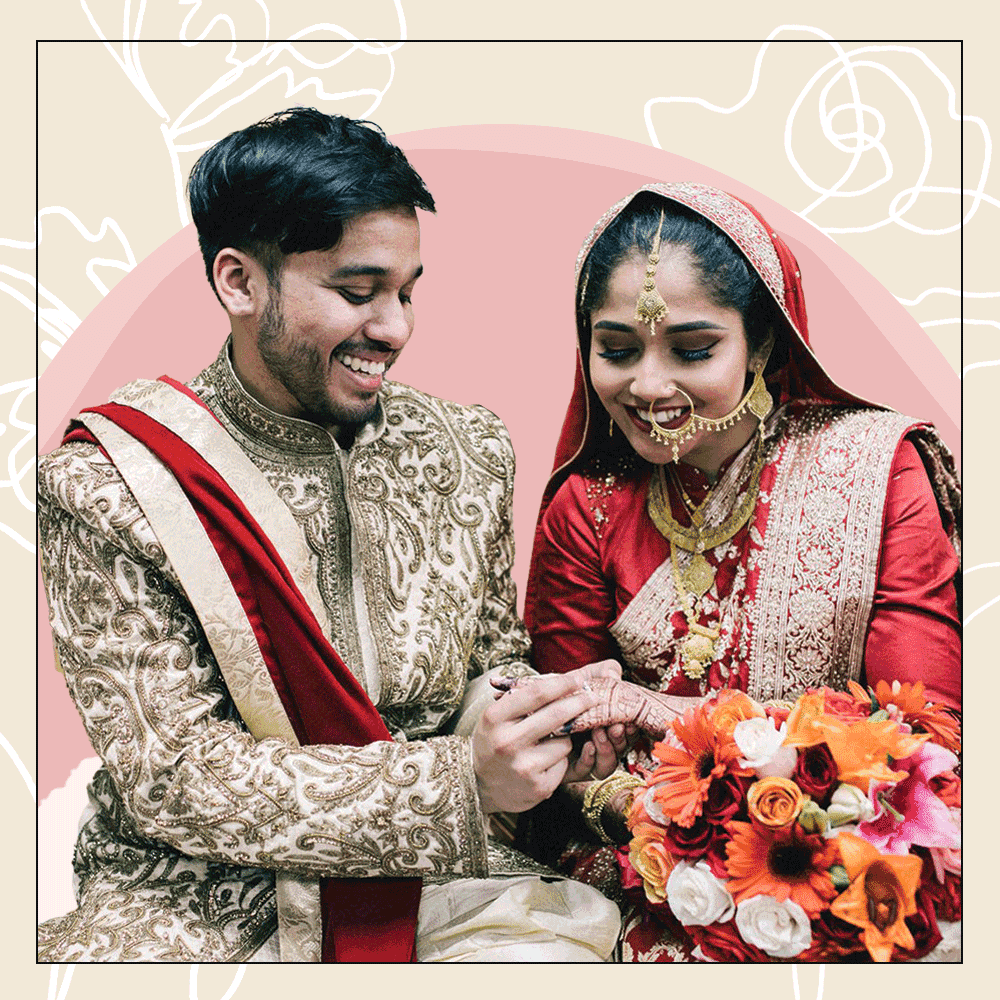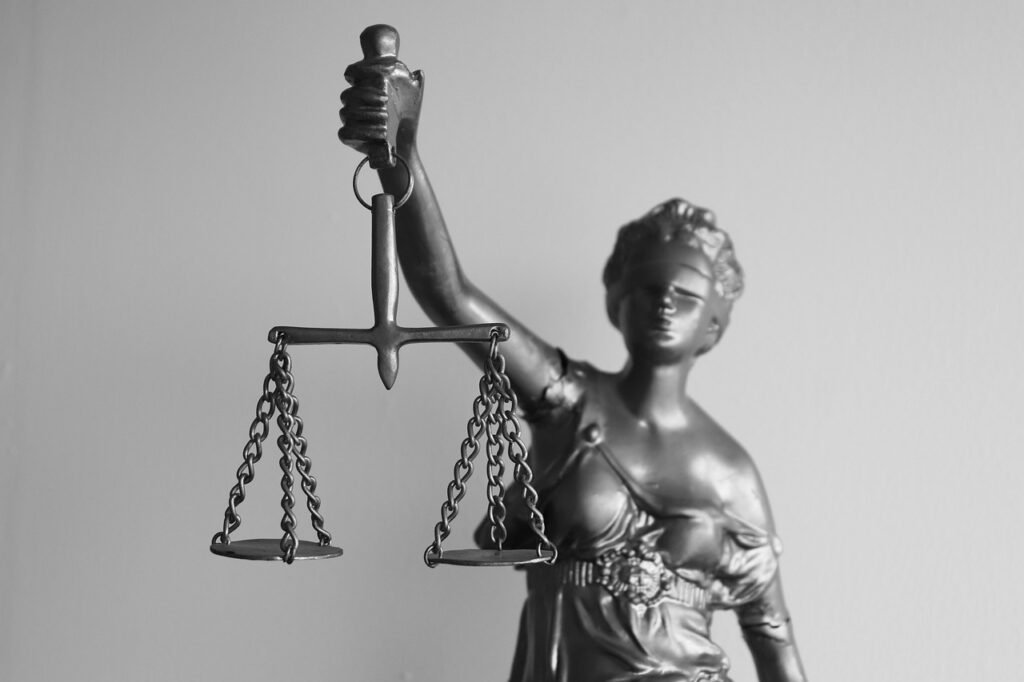Online Nikah in Pakistan: Navigating Tradition in a Digital Age
BLOG BY : MUHAMMAD TAIF
Online Nikah Concept in Pakistan
Online Nikah in Pakistan, the institution of marriage holds profound cultural, religious, and legal significance. It is a sacred covenant, deeply rooted in tradition and governed by the Muslim Family Laws Ordinance 1961. With the rapid advancement of technology, particularly the internet, the “Online Nikah” concept has emerged, sparking numerous debates and discussions regarding its legitimacy, validity, and cultural implications.
In this comprehensive exploration of online Nikah in Pakistan, we will delve into various aspects, including its historical context, legal framework, cultural significance, challenges, and potential future developments. Online Nikah was generally not legally recognized in Pakistan. However, it’s essential to keep in mind that legal landscapes evolve, and recent changes may have occurred since that time.
The Nikah Tradition in Pakistan
The tradition of Nikah in Pakistan traces its roots to ancient Islamic customs and practices. This section will provide an overview of the historical context and evolution of Nikah ceremonies in the region, highlighting how they have become an integral part of Pakistani society.
Nikah is not just a legal contract; it is a cultural celebration that brings families together. This section will explore the cultural significance of Nikah in Pakistan, from pre-wedding rituals to post-Nikah celebrations and traditions.

The Legal Framework of Nikah in Pakistan
The legal framework governing Nikah ceremonies in Pakistan is primarily defined by the Muslim Family Laws Ordinance, 1961. This section will provide an in-depth analysis of the ordinance, its provisions, and the legal requirements for a valid Nikah.
After the Nikah ceremony, it is mandatory to register the marriage with the local authorities, such as the Union Council. This section will discuss the significance of registration and the legal implications of an unregistered Nikah.
Nikah in Pakistan: A Legal Overview
Legal Framework
Nikah in Pakistan is primarily governed by the Muslim Family Laws Ordinance, 1961. This ordinance sets out the legal requirements and procedures for conducting a Nikah ceremony. It aims to regulate and safeguard the rights of individuals entering into a Nikah contract.
Nikah Procedure
Presence of Parties: Traditionally, the Nikah ceremony in Pakistan requires the physical presence of both the bride and groom.
Witnesses: Two adult Muslim sane witnesses are also required to be present during the ceremony.
Nikah Registrar: A Nikah registrar (Nikah Khawan) officiates the ceremony, reads the marriage contract, and ensures that both parties willingly consent to the union.
- Marriage Registration
After the Nikah ceremony, it is essential to register the marriage with the relevant local authority, such as the Union Council. Registration is a legal requirement and provides evidence of the marriage’s existence.
Both parties typically need to provide certain documents, such as their Computerized National Identity Cards (CNICs) or other relevant identification documents, during the Nikah and registration process.
In Pakistan, the legal age for marriage is 18 for males and 16 for females. Marriages involving individuals below these ages are not legally recognized.
Defining Online Nikah
Online Nikah refers to the use of digital technology, such as video conferencing platforms or online streaming services, to conduct a Nikah ceremony. This section will define the concept, highlighting the key players involved and the virtual nature of the ceremony.
Online Nikah and Technological Advancements
Advancements in technology have made it possible to connect people across distances. This section will explore how technology has enabled the emergence of online Nikah, making it a viable option for some couples
Challenges and Concerns
-
Is Online Nikah Legal/Legal Validity of Online Nikah
The legal validity of online nikah in Pakistan is a complex issue. There is no clear consensus on the matter, and the courts have not yet ruled on it definitively. However, there are a number of factors that suggest that online nikah may not be legally valid in Pakistan.
- The Muslim Family Laws Ordinance (MFLO) of 1961, which governs marriage in Pakistan, does not specifically mention online nikah. This suggests that the legislature did not intend to include online nikah within the scope of the MFLO.
- The MFLO requires that a nikah be performed in the presence of two witnesses. It is not clear how this requirement would be met in the case of an online nikah.
- The MFLO requires that a nikah be registered with the government. It is not clear how this requirement would be met in the case of an online nikah.
In light of these factors, it is likely that online nikah would not be legally valid in Pakistan. However, it is important to note that this is a complex issue, and the courts may ultimately rule differently.
Here are some additional points to consider:
- The validity of online nikah may depend on the jurisdiction in which it is performed. For example, online nikah may be valid in some countries but not in others.
- The validity of online nikah may also depend on the specific circumstances of the case. For example, if the online nikah is performed in accordance with all of the requirements of the law, it may be more likely to be considered valid.
-
Verification and Authentication
Online Nikah ceremonies introduce complex challenges related to verifying and authenticating the identities and intentions of the parties involved:
Identity Verification: One of the foremost concerns in online Nikah is ensuring the genuine identity of the bride, groom, and witnesses. In traditional ceremonies, physical presence and face-to-face interactions provide a level of assurance. However, in an online nikah setting, the risk of identity impersonation or fraud increases. This necessitates robust measures for confirming the participants’ identities, which may include verifying official identification documents or utilizing video conferencing tools to visually confirm identities.
Consent and Willingness: Whether it is an online nikah or non online Nikah they both are the concept of mutual consent. Online nikah ceremonies require mechanisms to establish that both parties willingly consent to the marriage. This is especially challenging when participants are physically distant. Religious authorities and legal experts need to devise procedures to ensure that the Nikah contract is not entered into under duress, coercion, or deceit.
Witness Validation: Nikah typically requires the presence of two adult Muslim sane witnesses. Verifying the authenticity of witnesses is critical, as they play a crucial role in validating the ceremony. In an online setting, ensuring that witnesses are present, attentive, and fully aware of their responsibilities becomes more complex.
Legal Implications: The legal recognition of online Nikah ceremonies in Pakistan is a topic of debate. The requirement of physical presence for legal validity poses significant challenges. Couples must be aware that online Nikah may not guarantee legal recognition, which can impact rights and responsibilities in the future.

Cultural and Religious Aspects of Online Nikah
Online Nikah ceremonies in Pakistan intersect with deeply ingrained cultural and religious traditions. These ceremonies reflect the evolving dynamics between modern technology and age-old customs:
Cultural Significance: Nikah ceremonies are more than legal contracts; they are cultural milestones. In Pakistan, these ceremonies have traditionally been grand affairs, uniting families and communities. The physical gathering of loved ones, the vibrant decor, and the communal celebration all contribute to the cultural richness of Nikah. Online Nikah, conducted in virtual spaces, may lack the communal and festive ambiance of traditional ceremonies, potentially diluting the cultural significance that comes with shared experiences.
Religious Observance: From a religious standpoint, Nikah is a sacred covenant in Islam, reflecting the union of two individuals under the guidance of faith. The involvement of a religious scholar or an Imam is customary to officiate and bless the union. In online Nikah ceremonies, ensuring the presence of a qualified religious authority may be challenging. Moreover, the absence of physical proximity and face-to-face interactions can affect the solemnity and spiritual atmosphere of the ceremony, impacting the couple’s experience of religious observance.
In navigating the cultural and religious aspects of online Nikah, couples must strike a balance between modern convenience and the preservation of cultural and religious values. While online ceremonies offer practicality and accessibility, they may necessitate compromises in terms of cultural celebrations and the spiritual ambiance that traditionally accompanies Nikah ceremonies in Pakistan. Each couple’s approach will be unique, shaped by their values, circumstances, and the importance they place on cultural and religious traditions.
Online Nikah: Privacy and Data Security
Conducting Online Nikah ceremonies involves sharing personal and sensitive information digitally. This section will discuss the importance of data security and privacy in online Nikah ceremonies.
Alternatives to Online Nikah
In-Person Nikah
The traditional in-person Nikah ceremony remains the most widely accepted and legally recognized option. This section will explore the advantages of conducting Nikah in person.
-
Delayed Nikah
In cases where physical presence is not possible due to exceptional circumstances, couples can consider delaying the Nikah until they can meet in person. This section will discuss the feasibility and implications of delayed Nikah.
-
Legal Consultation
To navigate the complexities of online Nikah in Pakistan, couples and families can seek legal consultation and religious guidance. This section will emphasize the importance of consulting experts when considering different options.



Pros and Cons of Online Nikah in Pakistan
Online Nikah ceremonies, conducted through virtual means such as video conferencing platforms, have gained attention and popularity in Pakistan. While they offer certain advantages, they also come with their share of challenges and drawbacks. In this discussion, we will explore the pros and cons of online Nikah ceremonies in Pakistan.
Pros of Online Nikah:
Accessibility: Online Nikah ceremonies enable couples separated by geographical distances to unite in matrimony without the need for extensive travel. This is especially valuable for individuals living abroad or in remote areas.
Convenience: Virtual Nikah ceremonies offer convenience by eliminating the need for extensive preparations and travel. Couples can plan their ceremony more flexibly, reducing the stress associated with traditional ceremonies.
Cost Savings: Hosting a traditional Nikah ceremony often involves significant expenses, including venue rental, catering, and travel costs. Online Nikah ceremonies can help couples save money, making marriage more financially accessible.
Inclusive: Online Nikah can include guests who might not have been able to attend a traditional ceremony due to distance or other constraints. It allows friends and family from around the world to witness the event in real-time.
Flexibility: Couples have the flexibility to choose the date and time that suits them best. This can be particularly advantageous for those with busy schedules or other commitments.
Online Nikah: Cons/Challenges
Verification Challenges in Online Nikah: Authenticating the identities of the individuals involved in an online Nikah can be challenging. Verifying the consent of both parties and the presence of witnesses is more difficult in a virtual setting, raising concerns about fraud and coercion.
Online Nikah-Cultural and Religious Significance: Nikah ceremonies hold immense cultural and religious importance in Pakistan. Many view the physical gathering of families and communities as integral to the event’s significance. Online ceremonies may be seen as less traditional and meaningful.
Privacy and Data Security in Online Nikah: Conducting a Nikah online involves sharing personal and sensitive information digitally. Ensuring the security and privacy of this data is a significant concern, as online platforms can be vulnerable to cyberattacks.
Online Nikah and Lack of Shared Experience: In virtual ceremonies, the shared emotional experience of a traditional Nikah, with physical presence, may be lacking. The absence of face-to-face interactions and the physical exchange of vows can diminish the emotional impact of the event.

Online Nikah: Recent Developments and Future Prospects
In Pakistan, the landscape of Nikah ceremonies has been evolving with the advent of technology, and recent developments indicate both opportunities and challenges for the future of online Nikah:
- Legal Recognition: Online Nikah ceremonies were generally not legally recognized in Pakistan due to the requirement of physical presence for legal validity. However, there has been ongoing discourse surrounding the legal status of online Nikah. Recent developments may have seen changes in regulations or attitudes towards recognizing virtual ceremonies. Couples considering online Nikah should stay informed about any updates in this regard.
- Technological Advancements: The continuous advancement of technology offers the potential for more secure and authentic online Nikah experiences. Enhanced video conferencing tools, identity verification processes, and digital documentation may address some of the authentication challenges associated with virtual ceremonies.
- Hybrid Ceremonies: A potential future trend could be hybrid ceremonies, combining the convenience of online Nikah with the cultural and religious significance of in-person gatherings. Couples may choose to conduct the legal portion of the Nikah online and follow it with a traditional celebration when circumstances permit.
- Cultural Adaptations: The younger generation in Pakistan, accustomed to digital connectivity, may be more inclined towards online Nikah as a practical choice. This shift in preferences could influence the cultural acceptance of virtual ceremonies over time.
- Legal Framework Review: There may be efforts to review and adapt existing legal frameworks to accommodate the changing dynamics of Nikah ceremonies. Legal recognition of online Nikah, while preserving its sanctity, is a complex issue that requires careful consideration of cultural, religious, and legal factors.
- Religious Guidance: Religious scholars and authorities may continue to provide guidance on the permissibility and conduct of online Nikah within the framework of Islamic jurisprudence. This guidance can help couples navigate the intersection of faith and technology.
- Privacy and Security: With the growing importance of data privacy and security, there may be advancements in safeguarding the personal information shared during online Nikah ceremonies, addressing concerns related to data breaches and cyber threats.
Additional Information Regarding Online Nikah
In addition to the challenges and concerns mentioned above, there are a few other things to keep in mind about online Nikah in Pakistan.
- The cost of conducting an online Nikah may be higher than the cost of an in-person Nikah. This is because of the need to hire a professional Nikah registrar and to pay for the use of video conferencing software.
- The legal recognition of online Nikah may vary depending on the jurisdiction. It is important to check with the relevant authorities in the jurisdiction where the online Nikah is being conducted.
- The religious validity of online Nikah may also vary depending on the interpretation of Islamic law. It is important to consult with a religious scholar to get an opinion on the matter.
- Online Nikah may not be suitable for all couples. Couples should carefully consider their individual circumstances and needs before deciding whether or not to pursue an online Nikah.

Online Nikah Significance in Pakistani Society.
Online Nikah in Pakistan represents a fascinating intersection of tradition and technology. While it offers convenience for some couples, it also raises significant legal, cultural, and privacy concerns. The status of online Nikah in Pakistan may have evolved since my last update in September 2021, and it is crucial for individuals and families to stay informed and consult with legal professionals, religious scholars, and relevant government authorities for the most up-to-date guidance.
Ultimately, whether conducted online or in person, Nikah remains a sacred commitment that binds individuals in matrimony and is deeply ingrained in the fabric of Pakistani society. Its significance extends beyond legal recognition, emphasizing the enduring cultural and religious values that have shaped this cherished tradition for generations.
Related Links
- Court marriage Karachi Pakistan
- Court marriage Islamabad Rawalpindi
- Karachi court marriage services
- Islamabad court marriage procedure
- Rawalpindi court marriage lawyer
- Legal requirements for court marriage in Pakistan
- Court marriage documents in Islamabad
- Marriage registration in Rawalpindi
- Court marriage in Karachi cost
- Online court marriage services in Pakistan


Pingback: Online Nikah in Pakistan: A Secure and Efficient Union - Court Marriage Karachi in Pakistan